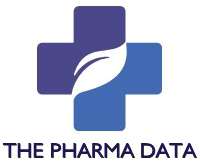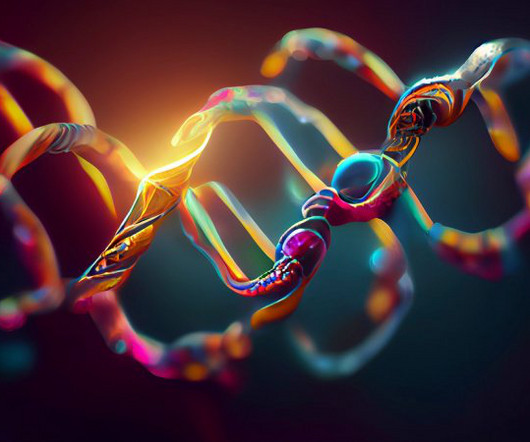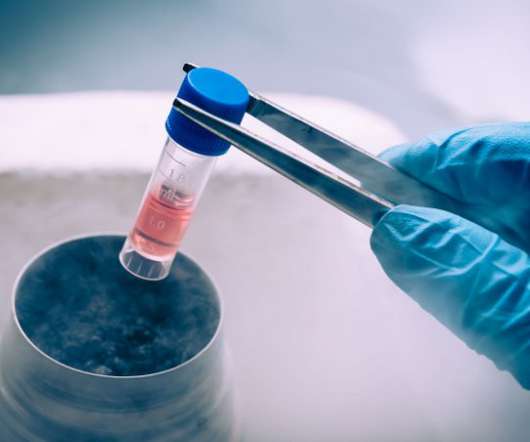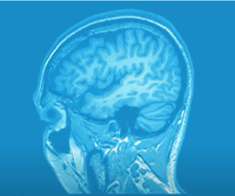This week in drug discovery (2-6 October)
Drug Discovery World
OCTOBER 6, 2023
In celebration of the Nobel Prize for Medicine going to two of the early proponents of mRNA technology for creating therapeutics, Katalin Karikó and Drew Weissman, this week our round-up highlights the importance of genetics, genomics and gene editing in drug discovery.



















Let's personalize your content